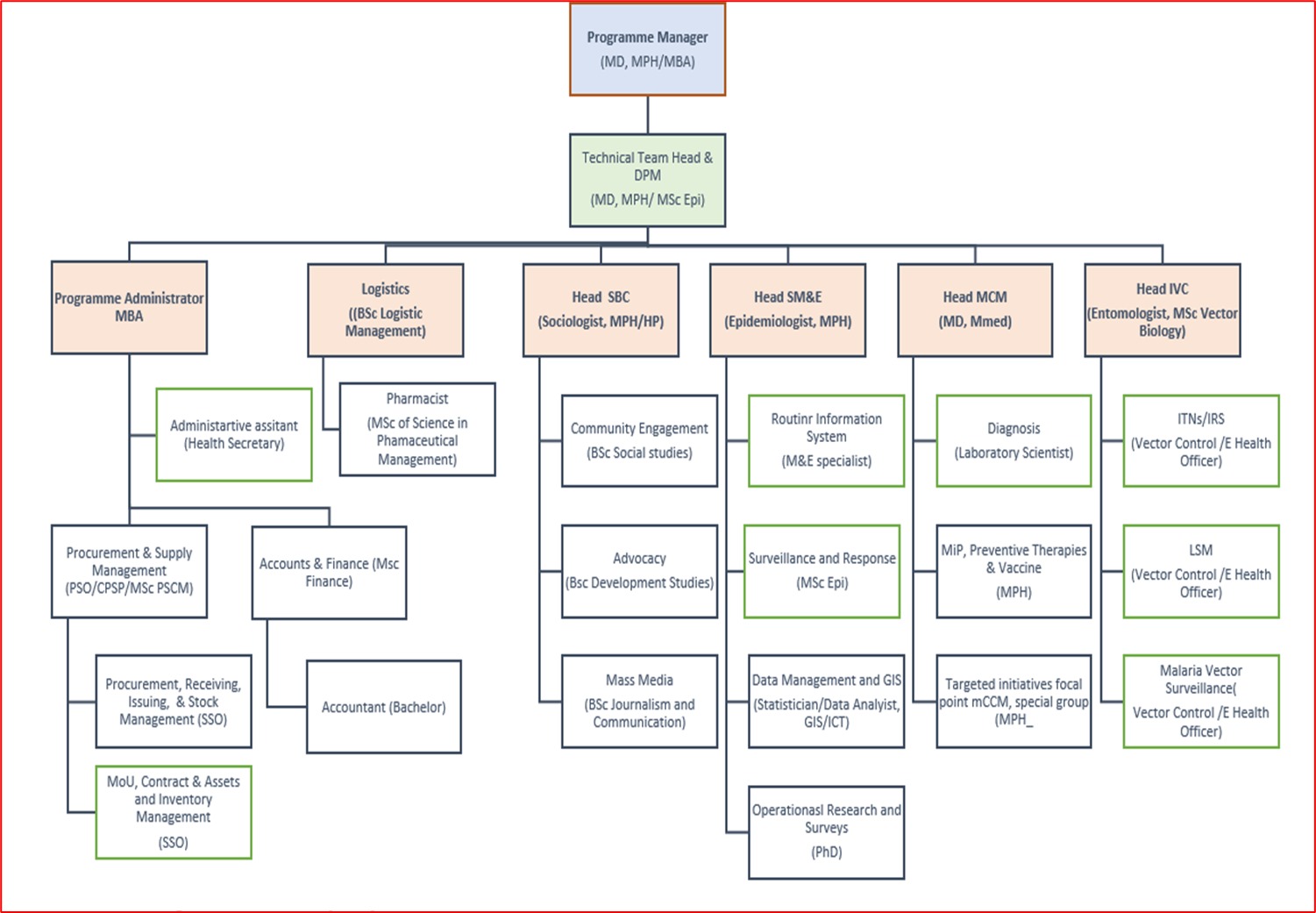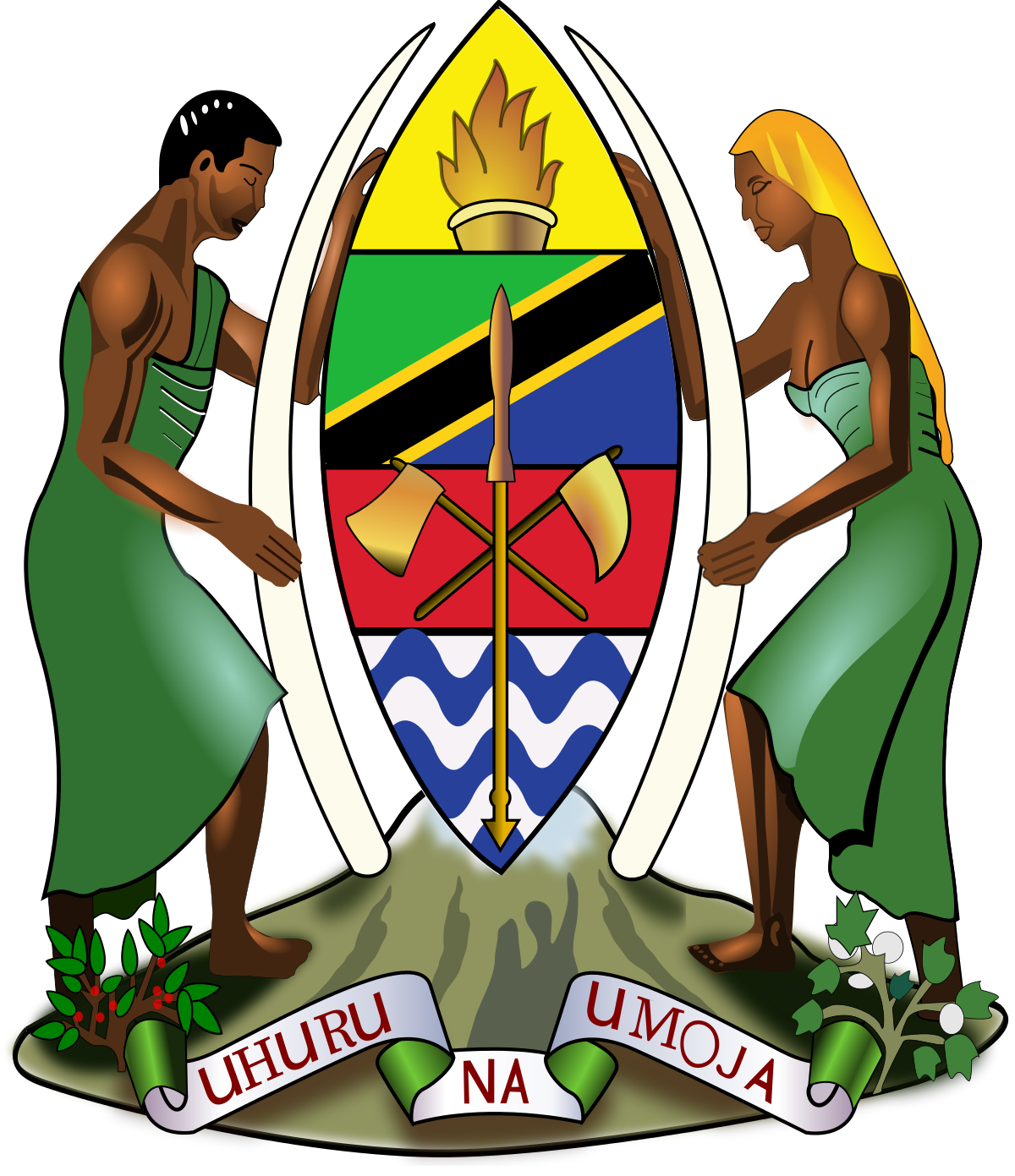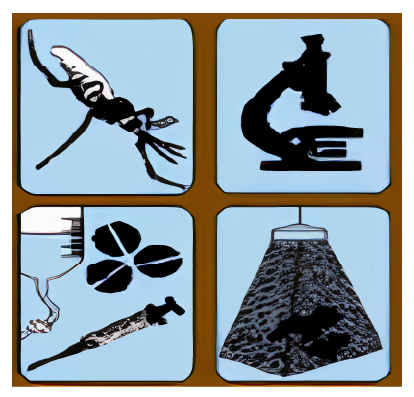NMCP Organogram

Program Management
The National Malaria Control Program (NMCP) is responsible to define strategic decisions and develop strategic plans concerning malaria control and elimination, based on recommendations from technical working groups, the health, nutrition and social welfare directorate of PO-RALG and development partners’ technical teams. Issues that involve innovative implementation initiatives or policy change will be submitted to the Directorate of Preventive Services and to the MoH Senior Management team for review and/or endorsement.
The MoH Senior Management in turn interacts with the MoFP, the President’s Office – Regional Administrative and Local Government Authorities (PO-RALG) as well as coordinating bodies of the Development Partners.
The NMCP is also entitled to mobilize resources by formulating operational plans to be submitted to development partners and Government of Tanzania. NMCP is tasked to fast track malaria control activities aimed at scaling up interventions towards the achievement of the malaria strategic plan targets. Other roles of NMCP include:
- Advise and make recommendations to the MoH on all matters related to policies and strategies of national malaria control and elimination.
- Receive and discuss reports and approve recommendations from technical working groups on malaria control and elimination policies, strategies and interventions.
- Facilitate development of consensus among partners on strategic issues related to implementation of interventions for the prevention and control and elimination of malaria.
- Develop technical and scientifically sound guidelines for the implementation of malaria control and elimination.
- NMCP is responsible to develop guidelines for surveillance and response, disseminate guidelines, monitor implementation of the guidelines and provide technical backstopping to Regional, Council and Health facility level.
- Provide a supervision and support framework to PO-RALG, RHMT, CHMT, implementing partners and communities.
- Provide technical guidance for monitoring outcomes and processes and evaluate impact.
- Identify critical strategic and programmatic issues arising from implementation of malaria interventions and activities and assign responsibilities to working groups for follow up.
- Identify emerging programmatic and implementation research questions and bring these to the attention of relevant partners.
- Provide technical support to PO-RALG and implementing partners to addressing the capacity gaps for scaling up interventions for impact.
- Advocate for increased attention to and resources targeted to control and elimination of malaria
- Advocate for strengthening of partnership in addressing malaria interventions through multisectoral initiatives.

